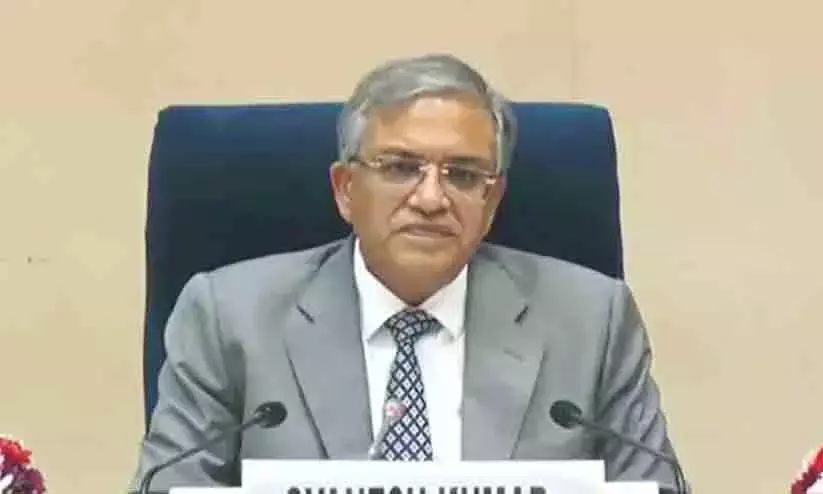
A one-minute phone break can boost students' performance
text_fieldsNew York: As screen addiction in children becomes a growing concern for parents and teachers, researchers reported on Wednesday that allowing students a brief period to use their smartphones can improve classroom performance and help curb excessive phone use.
A team of US researchers conducted a term-long experiment that showed that allowing college students to use their phones for just one minute could result in less phone use during class and higher test scores.
“We show that technology breaks may be helpful for reducing cell phone use in the college classroom,” said Professor Ryan Redner, a researcher at Southern Illinois University and first author of the study published in the journal Frontiers in Education.
“To our knowledge, this is the first evaluation of technology breaks in a college classroom.”
The researchers found that in class sessions where one-minute breaks were in effect, students’ test performance peaked. Higher average test scores (over 80 per cent) were consistently observed.
“Our hope is that it means students were less distracted during lecture, which leads to better performance,” said Redner.
Phones can be distracting as students report using their phones for non-academic purposes as often as 10 times a day. In classrooms, phones are not allowed.
However, throughout a full term, the researchers experimentally evaluated the effectiveness of technology breaks, lasting one, two or four minutes, respectively.
During these breaks, students were not allowed to use their phones, but were encouraged to ask questions. Both breaks occurred 15 minutes into the lecture element of class. In the study, phone use was defined as touching the phone.
The results showed that when technology breaks were implemented, students generally used their phones less often than during sessions with question breaks.
During technology breaks lasting just one minute, phone use was at its lowest, making them most efficient at reducing the time students spent on their phones during class.
“One possibility is that one minute is enough to read and send a smaller number of messages. If they have more time to send many messages, they may be more likely to receive messages and respond again during class,” explained Redner.
Source: IANS






















